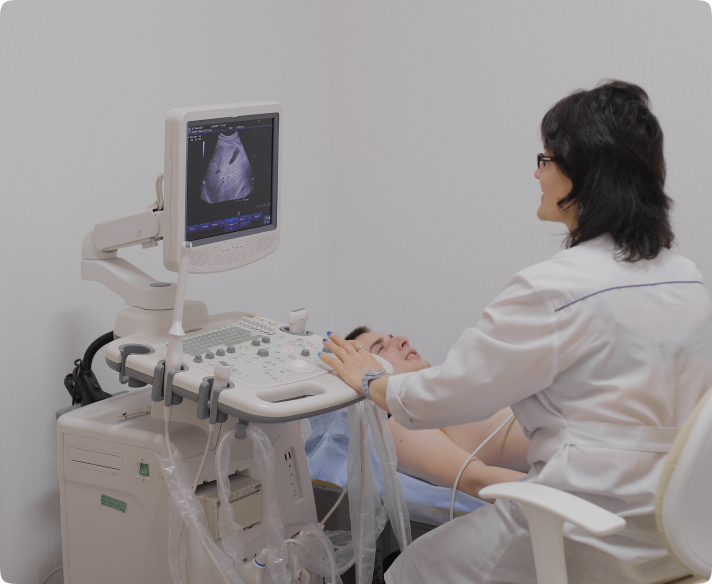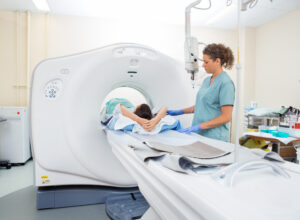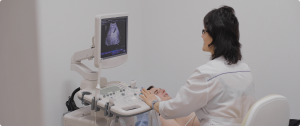An echocardiogram is one of the most common and useful tools in cardiology. It allows your doctor to see your heart in real-time using ultrasound, similar to the way a pregnancy scan works. The test is safe, non-invasive, and can provide a wealth of information about how your heart is functioning. But when exactly should you have one—and what might the results tell you?
Your GP or cardiologist may recommend an echocardiogram for several reasons. If you’ve experienced symptoms such as shortness of breath, fatigue, chest discomfort, or swelling in the legs, an echo can help identify whether your heart’s structure or function is contributing. It’s also commonly used to investigate a heart murmur or abnormal ECG, monitor long-term conditions like hypertension or cardiomyopathy, and assess heart damage after a heart attack.
An echocardiogram provides a moving image of the heart that allows your doctor to assess its chambers, valves, and overall pumping efficiency. It can detect abnormalities in the heart muscle, measure the thickness of the walls, check for fluid around the heart, and evaluate whether the valves are opening and closing properly. This makes it a key test not only for diagnosis, but also for ongoing monitoring of chronic heart conditions.
In many cases, an echo is also used as a baseline test when patients are starting new medications that can affect the heart or when they’re being evaluated before surgery. It’s also useful in athletes, patients with a family history of cardiomyopathy, or those with unexplained fainting or palpitations. If you’re over 50 and have high blood pressure, diabetes, or a family history of heart disease, your doctor may recommend an echo even if you’re not experiencing symptoms.
There are different types of echocardiograms, including transthoracic (standard), transoesophageal (done through the oesophagus), and stress echocardiograms (done before and after exercise or medication). Your cardiologist will choose the appropriate one based on your symptoms and medical history. While the standard transthoracic echo is most common and requires no special preparation, other types may need fasting or sedation.
When to Expect an Echocardiogram
- You have symptoms like breathlessness, fatigue, or chest pain.
- A heart murmur or abnormal ECG has been detected.
- You have a known heart condition that needs monitoring.
- You’re starting a medication that can affect the heart.
- You have risk factors like high blood pressure or diabetes, especially after age 50.
FAQs
Q: Do I need to fast for an echocardiogram?
A: Not for a standard echo. However, if you’re having a transoesophageal echo, you may need to fast for 6 hours beforehand. Your doctor will provide specific instructions.
Q: Is the test painful?
A: No. It is painless and non-invasive. You may feel some pressure from the probe, but this should not be uncomfortable.
Q: How long does it take?
A: A standard transthoracic echo usually takes 30 to 45 minutes. You’ll be able to go home or back to work straight afterwards.
Q: What if my results are abnormal?
A: Your cardiologist will discuss the next steps, which may include additional testing, medications, or lifestyle changes.
Key Takeaways
- An echocardiogram is a safe and essential tool to assess heart structure and function.
- It is used for diagnosis, risk assessment, and monitoring of known heart conditions.
- Most patients do not need to prepare in any special way.
- It’s often recommended if you have symptoms, abnormal test results, or heart risk factors.
Do you need an echocardiogram? If you’re experiencing symptoms or have risk factors for heart disease, request an appointment with Apollo Cardiology to get a personalised assessment and care plan.
Disclaimer
The information provided on this blog is for general educational purposes only and is not intended as a substitute for professional medical advice, diagnosis, or treatment. Always seek the guidance of your doctor or other qualified healthcare provider with any questions you may have regarding your health or a medical condition. Do not disregard medical advice or delay in seeking it because of something you have read on this website.




